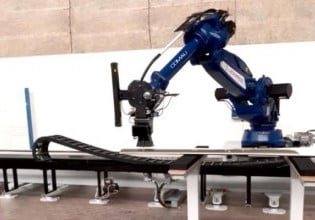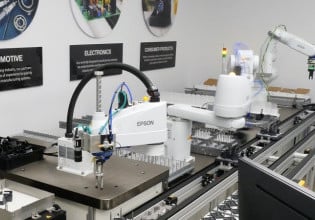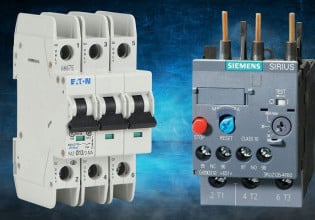A
the following is what happened to our steam generator:
Excitation minor trouble alarm and over excitation limit operated alarms came up. and the north and south breakers show opened position, but in actual sense it is still closed.
the unit downloaded itself and eventually tripped due to uncontrollable drum level with a load of 20mw. Initial load was 70mw.
Turbine speed failed to come down even after manual trip push button was initiated. it later found that loss of DC power to protection relay was responsible.
Please can you explain why this type of trip will occur. All this took place in Lagos, Nigeria
Excitation minor trouble alarm and over excitation limit operated alarms came up. and the north and south breakers show opened position, but in actual sense it is still closed.
the unit downloaded itself and eventually tripped due to uncontrollable drum level with a load of 20mw. Initial load was 70mw.
Turbine speed failed to come down even after manual trip push button was initiated. it later found that loss of DC power to protection relay was responsible.
Please can you explain why this type of trip will occur. All this took place in Lagos, Nigeria






